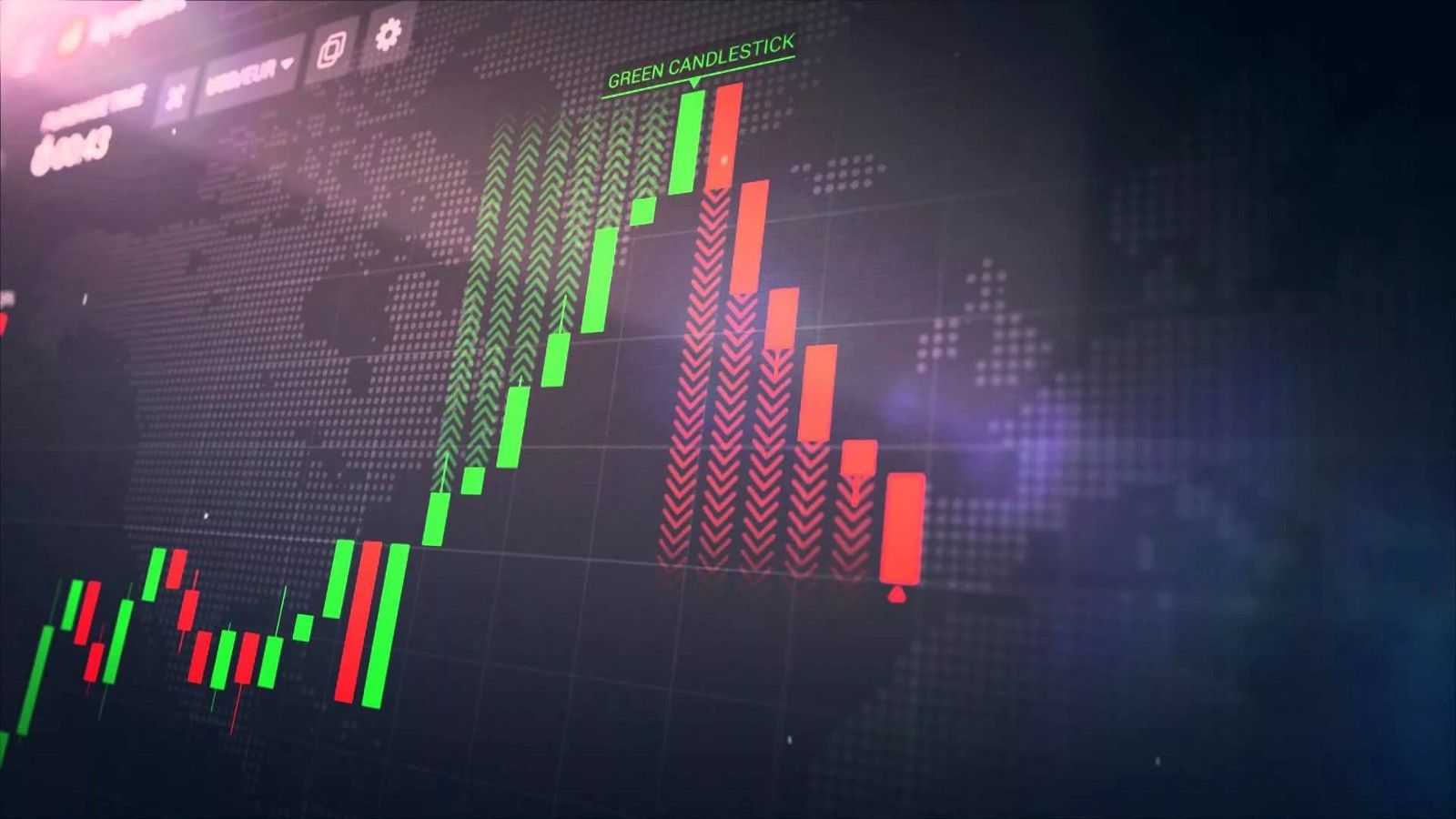Navigating the world of financial trading can be a daunting task, especially when faced with the plethora of options available. Two popular instruments that have garnered significant attention are binary options and forex. While both offer investors opportunities to profit from market movements, they differ in complexity, risk, and potential rewards. This article aims to delve into the intricacies of each, unraveling the complexities and assessing their relative difficulty levels.

Image: wallpaperbat.com
Binary Options vs. Forex: A Comparative Overview
Binary options are derivative financial instruments that provide a simplified trading experience. They revolve around predicting the future direction of an underlying asset, such as currency pairs, stocks, commodities, or indices, within a predefined time frame. The payout structure is straightforward: if the prediction is correct, the investor receives a predetermined fixed return, typically ranging from 70% to 90%. Conversely, if the prediction is incorrect, the investor loses the entire initial investment.
Forex, short for foreign exchange, involves trading currency pairs, speculating on fluctuations in their exchange rates. It is a decentralized global market where currencies are bought and sold at ever-changing prices. Unlike binary options, forex offers more complex trading strategies and does not limit traders to predicting the direction of the market. Instead, traders can capitalize on price movements, trends, and patterns to generate profits.
Ease of Learning and Understanding
Simplicity is one of the primary draws of binary options. The concept of predicting market direction within a specific time frame is relatively easy to grasp. Beginners can quickly familiarize themselves with the basics, making binary options an accessible starting point for inexperienced traders.
Forex, on the other hand, requires a more in-depth understanding of financial markets and currency dynamics. Traders need to comprehend concepts such as pip value, leverage, margin, and technical and fundamental analysis to make informed trading decisions. This learning curve can be more time-consuming and intellectually demanding compared to binary options.
Risk and Reward Potential
The risk-reward profile of binary options and forex are starkly contrasting. Binary options offer a predefined return, making risk management relatively straightforward. Traders know precisely how much they can lose or gain on each trade. However, this predefined return also limits the potential for substantial profits.
Forex trading, on the other hand, involves more significant risks but also presents the potential for higher rewards. Traders can use leverage to amplify their profits but must exercise caution to avoid magnifying losses. Proper risk management strategies are crucial in forex, as traders can lose more than their initial investment if trades are not managed prudently.

Image: www.usedhomeremodeling.com
Complexity of Trading Strategies
The simplicity of binary options extends to the trading strategies employed. As traders are limited to predicting market direction within a specific time frame, there are fewer technical and analytical nuances to consider. However, this limited scope also restricts the potential for sophisticated trading strategies.
Forex, with its vast market depth and diverse currency pairs, offers a wider range of trading strategies. Traders can engage in scalping, day trading, swing trading, or positional trading, tailoring their strategies to their risk tolerance, time horizons, and market conditions. The complexities of technical and fundamental analysis play a more significant role in forex trading, adding another layer of challenge for beginners.
Is Binary Options Easier Than Forex
Suitability for Different Traders
The comparative ease of binary options makes them suitable for beginners and those seeking a straightforward trading experience. The predefined risk and return structure provide a sense of clarity and simplicity that can be appealing to novice traders. However, experienced traders may find the limited potential for substantial profits and the lack of sophisticated trading strategies somewhat restricting.






